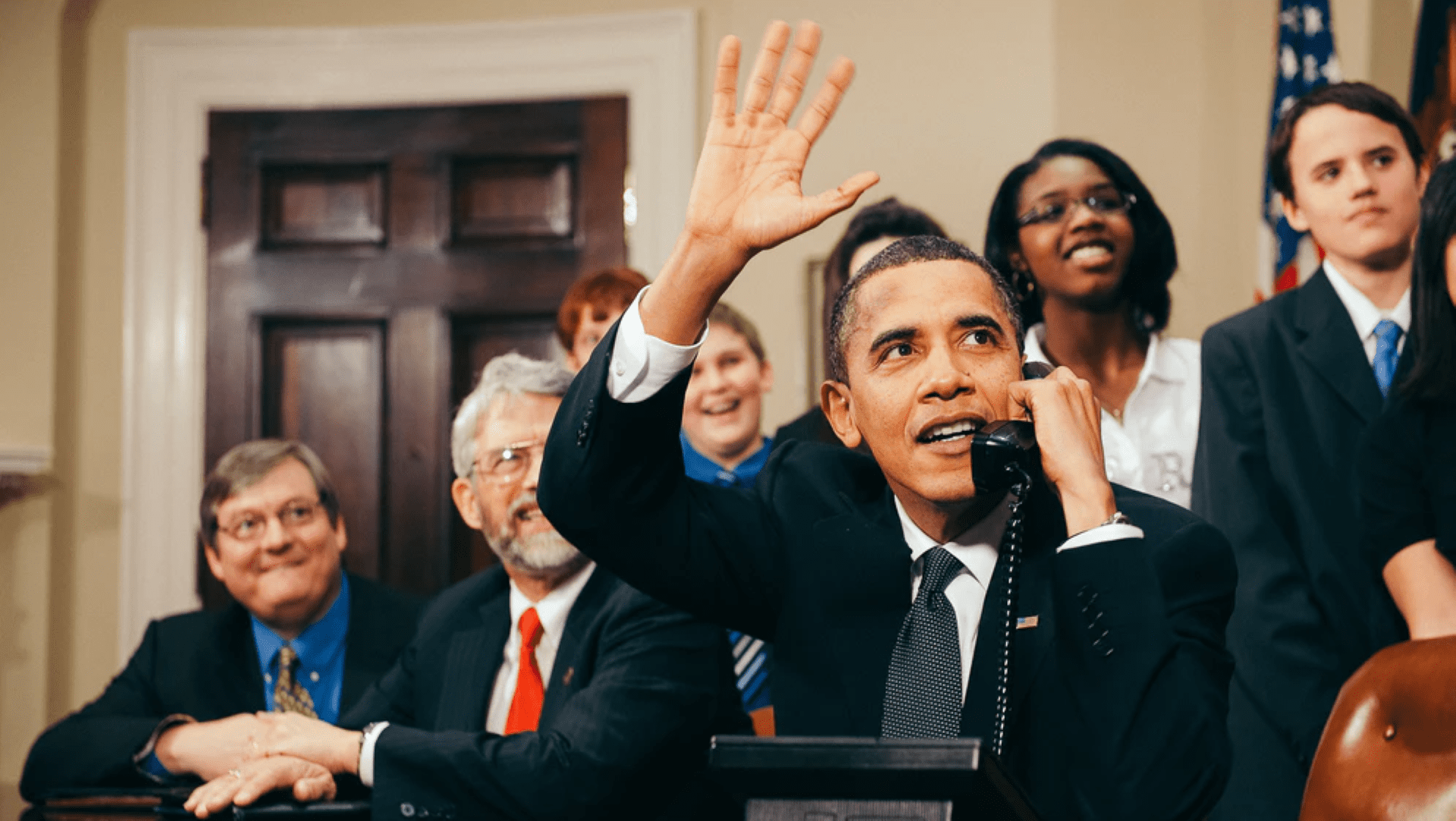By Tim Murphy
In 2015, Ohioans chose not to adopt the Ohio Marijuana Legalization Initiative, Issue 3, which would have legalized the recreational sale of marijuana in the state. The ballot initiative had ten major funders (one of them being former 98 Degrees star Nick Lachey), and the ballot coincidentally would have given them exclusive rights to decide where commercial-scale marijuana cultivation would take place.
Despite widespread support for ending marijuana prohibition in Ohio, the measure faced major opposition and was decisively defeated.
Some opposition is to be expected. The state legalization efforts in Colorado, Alaska, and Oregon faced strong opposition from opponents, who cited community health and safety as their main argument. They claimed that marijuana legalization would increase drug use among kids and implored voters to “THINK OF THE CHILDREN!”
Legalization efforts shouldn’t serve special interests
Issue 3’s opponents, however, were different. They weren’t called “Protecting Children from Marijuana” or something else that implied marijuana itself was dangerous. The main opposition group was called Ohioans Against Marijuana Monopolies, indicating that their problem wasn’t marijuana itself but the oligopoly that would be created as a result of Issue 3.
Although no major marijuana advocacy organizations opposed the measure, most of them were neutral or only vaguely supportive. Betty Aldworth, former executive director of Students for Sensible Drug Policy (SSDP), wrote that the organization chose to remain neutral on Issue 3, in part because “an oligopoly controlled by ten companies with opaque ownership structures designed to obstruct investigation is not likely to be accountable, transparent, nor particularly good examples of integrity.”
Tom Angell, director of Marijuana Majority, said of Issue 3: “Voters won’t tolerate this issue being taken over by greedy special interests. Our ongoing national movement to end marijuana prohibition is focused on civil rights, health, and public safety, not profits for small groups of investors.”
Voters want legalization to help their local communities
All this makes one thing very clear: voters want to legalize marijuana to improve their communities, not to give the government power to serve special interests and squash competition. A free market in marijuana — or at least as free as practically possible — is the best way for legalization advocates to approach the issue with voters.
Every year, more and more states achieve or get close to full legalization, with New York legalizing in March of this year (2021). While few if any of these initiatives include the protectionist language that plagued Issue 3, if we are to overcome the final hurdle and fully legalize across all the states, marijuana activists would be wise to learn from the Ohio campaign’s mistakes.
To read more about the Drug War, be sure to check out our cluster page by clicking on the button below.
Updated by Joseph Simnett
This piece solely expresses the opinion of the author and not necessarily the organization as a whole. Students For Liberty is committed to facilitating a broad dialogue for liberty, representing a variety of opinions.









